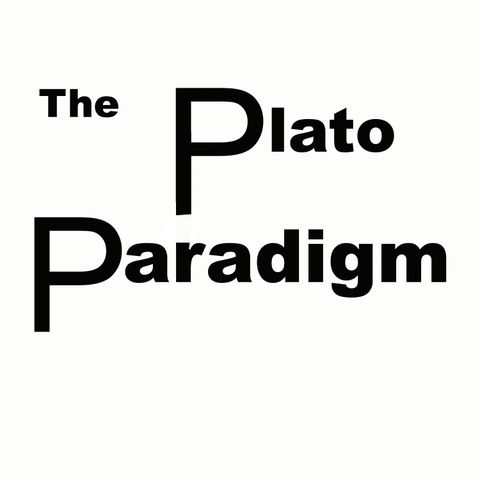
Contatti
Info
What Plato Dramatized

15 NOV 2024 · The alternative to Io having a techne is that he is possessed by a divine power. Socrates first uses the magnet analogy.
8 NOV 2024 · Io seems almost to challenge Socrates to tell him why he is exceptional as someone with a techne, in that he can talk well only about one practitioner of his techne, although Socrates' last example implies that Io does not have Homer's techne. The techne of poetry and the techne of rhapsody appear to be treated differently. All the technai in this inductive passage are treated incorrectly, as if complete knowledge of the techne includes complete knowledge concerning the practitioners of the techne.
1 NOV 2024 · Socrates appears to perform a normal sequence of induction, but things are not quite what they seem.
25 OTT 2024 · To exemplify the point that any techne deals with the whole of the field of that techne, Socrates refers to graphike techne, meaning here just painting. Socrates proceeds, however, to talk about the critic of one artist needing to be able to criticize all artists if indeed the techne pertains to the whole. Earlier, Io had said that he excelled as a critic of Homer, but not of other poets, so Socrates' analogy is accurate, although it does not prove the point about techne pertaining to the whole of its field.
18 OTT 2024 · The rhapsode Io can judge of the poets both who speaks well and who speaks less well since he has the appropriate techne, but in the next breath Socrates determines that Io can't judge anyone, even Homer, since he lacks techne and episteme. Even more strangely, Io seems happy with this, and even treats Socrates as a sophos whom he is happy to listen to.
11 OTT 2024 · Socrates concludes from the examples with arithmetic and medicine that the one who has a techne in a subject is the one who may recognize the one speaking well in the subject and the ones speaking badly (later in the argument, worse = less well), so that Io himself turns out to be the one with techne who can judge that Homer speaks well while the other poets speak less well. Socrates finally uses the word kritēs (judge), but not about those who judge rhapsodes such as Io in competitions, but about Io himself, judging Homer and the other poets. This is confusing, to say the least, and it is not clear what the techne might be which Homer, the other poets, and Io, are considered to be using.
4 OTT 2024 · Socrates steers the conversation back to the subject matter by asking who will recognize who speaks well or badly in arithmetic and in medicine. The answer is that the one who has the techne (craft / art) of arithmetic or medicine is the one who will recognize both types of speaker. Why does Socrates not mention a judge (kritēs) explicitly, or the verb "to judge" (dikazō)? He is certainly referring to the function of a judge, and we may ask why a judge is necessary for the argument. Why does Socrates not focus the argument on the arithmetician, the physician, or the rhapsode, directly?
27 SET 2024 · Socrates does dialectic "badly" (as usual), failing to compare and contrast clearly and concisely. He allows Io to revert to an aesthetic understanding of Homer more than once.
20 SET 2024 · Socrates and Io are already talking at cross-purposes. Socrates appears to want to talk about the rhapsode's ability (as part of his techne) to understand the intent (dianoia) of a poet, while Io states that it is the hardest part of the techne to perfect the expression of the intents (dianoiai) of a poet. Io is motivated to present the poems as beautifully as possible, not as informatively as possible.
13 SET 2024 · Socrates concentrates his supposed envy of rhapsodes on their ability to understand the poet. Apart from the verb "to understand", he also uses the noun "dianoia", which I translate as "intent" or "intention". Io understands Socrates to mean what he himself means by dianoia, the emotional thought to be expressed in any particular passage of a poem.
What Plato Dramatized
Informazioni
| Autore | Ivor Ludlam |
| Organizzazione | Ivor Ludlam |
| Categorie | Filosofia |
| Sito | - |
| platoparadigm@icloud.com |
Copyright 2024 - Spreaker Inc. an iHeartMedia Company
